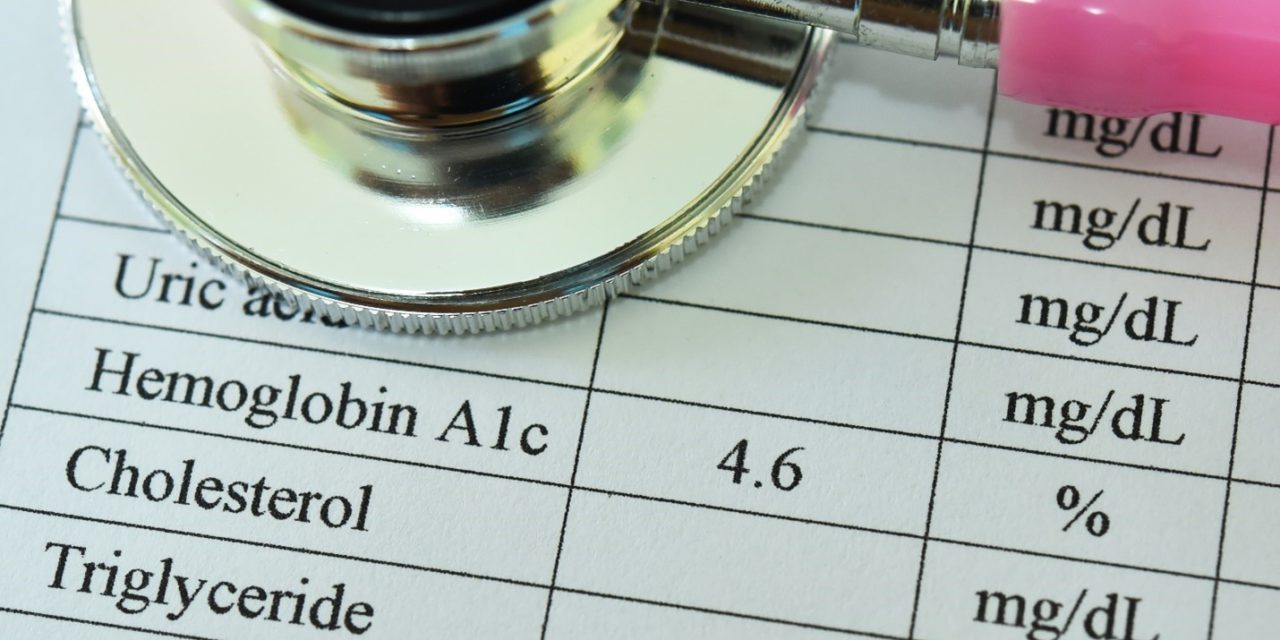If you have diabetes, it’s also important to take the perspective that A1c is not a “grade” on diabetes management, but rather a helpful measurement tool that you and your healthcare providers can use to guide decisions and assess the risk of complications.
Non-glycemic factors that can affect A1c:
While there are many unsuspecting factors that can impact A1c, the information in the table below is not meant to invalidate the A1c test. Rather, knowing how certain conditions and factors can change A1c levels is a key part of using A1c as one measure of diabetes management.
Many of the conditions that affect A1c results are related to changes in the turnover of red blood cells, and thus notably, types of anemia. Correction of anemia by treatment can also affect A1c results.
| Condition | What is the impact on A1c? | How to test for this condition |
Untreated anemia due to:
|
Untreated anemia can misleadingly increase A1c values due to decreased production of red blood cells.
(If anemia is treated, A1c can go down.) |
To test for anemia, ask your healthcare provider about taking a complete blood count (CBC) test. |
| Asplenia: decreased spleen function | The spleen is involved in the production and removal of red blood cells. Decreased spleen function, which may be caused by surgical removal, congenital disorders, or other blood disorders such as sickle cell disease.
This may lead to misleadingly increased A1c. |
Asplenia can be identified by MRI, echocardiogram, chest X-ray, or a screening test.
|
| Blood loss and blood transfusions | The body’s response to recent blood loss (create more blood cells) or blood transfusion can misleadingly lower A1c, but the next A1c test should return to a more representative reading. | Let your healthcare provider know if you have recently received a blood transfusion. |
| Cirrhosis of the liver: chronic liver damage that leads to scarring | Cirrhosis, in addition to affecting response to glucose-lowering medications – including insulin – may misleadingly lower A1c values. | Ask your healthcare provider about a liver examination. |
Genetic blood disorders
|
Depending on the abnormal form of hemoglobin, hemoglobinopathy can result in either increased or decreased A1c values.
Thalassemia can misleadingly lower A1c values due to early destruction of red blood cells. |
Tell your healthcare provider if you have any known family members that have had thalassemia, and ask for a Complete Blood Count test. |
| Hemolysis: rapid destruction of red blood cells
|
Hemolysis may misleadingly lower A1c values due to the shortened red blood cell lifespan.
This condition may be caused by an inappropriate immune response and artificial heart valves. |
Ask your healthcare provider about taking a Complete Blood Count (CBC) test. |
| Untreated hypothyroidism: low levels of thyroid hormone | Hypothyroidism may misleadingly increase A1c, while treatment with thyroid hormone can lower A1c.
|
Ask your healthcare provider about taking blood tests that measure the level of thyroid-stimulating hormone, which helps determine if there are thyroid gland problems. |
| Pregnancy | Decreased red blood cell lifespan and increase in red blood cell production may misleadingly lower A1c values in both early and late pregnancy. | Ask about taking an oral glucose tolerance test, which is used to diagnose gestational diabetes. |
| Uremia: high levels of waste (normally filtered by kidneys) in the blood | Untreated uremia may misleadingly increase A1c values.
Dialysis is used to treat uremia – in this case, A1c is not a suitable test. |
Ask your healthcare provider about taking a blood test to detect uremia or abnormal kidney function. |
| Medications | Medications that may misleadingly increase A1c include:
Medications that may misleadingly lower A1c include:
|
Always discuss appropriate use of opioids for pain and their possible effect on A1c as well.
Tell your healthcare provider if you are taking any of these medications prior to your A1c test. |









